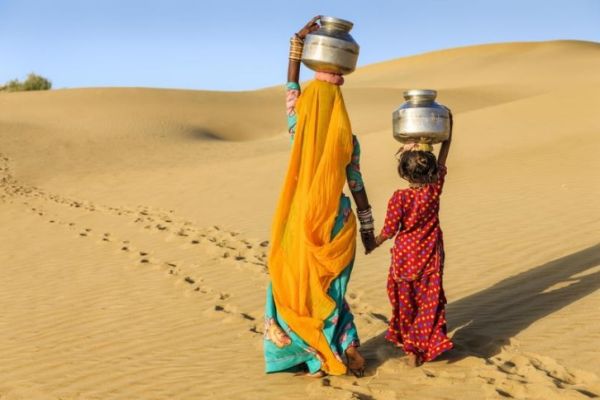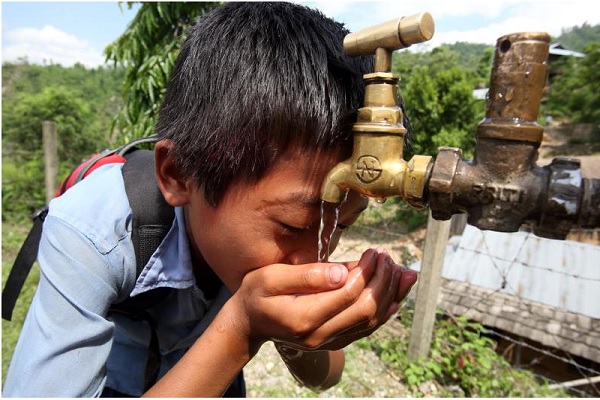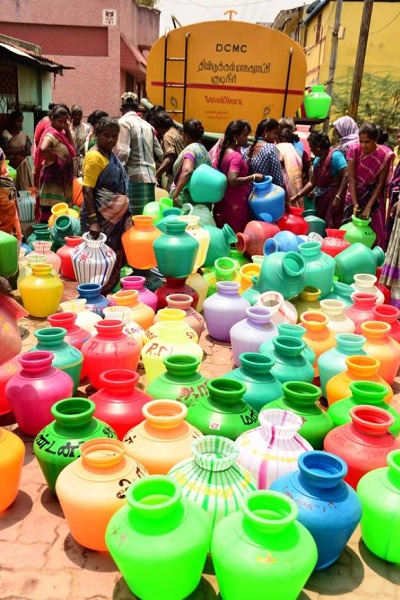Splish splash
- POSTED ON: 23 Mar, 2019
- TOTAL VIEWS: 794 Views
- POSTED BY: Bhavya Venkatesh
- ARTICLE POINTS: 100 Points

What will happen if we ran out of clean water? Did you know that there are people around the world who do not enjoy the basic privilege of safe water at home? March 22 is World Water Day — a day about tackling the global water crisis in households, schools, workplaces and farms.
What is ‘safe water’? It refers to water that is free from contamination, and available whenever needed. The world cannot grow and prosper if there are people without access to safe water. When they are forced to use unsafe or contaminated water, they risk contracting deadly diseases.

The theme, this year, is ‘Leaving no one behind’. Women, children, refugees, and disabled people sometimes face discrimination when they try to access water. This is against the basic human right to water — which entitles everyone to water for drinking, personal sanitation, washing clothes, food preparation, and household hygiene. This year’s World Water Day will focus on the reasons why so many people are being left behind.

Water woes
2.1 billion people live without safe water at home
More than 700 children under five years of age die every day from diarrhoea linked to unsafe water and poor sanitation.
Globally, 80% of the people who have to use unsafe and unprotected water sources live in rural areas.
Around four billion people — that is, nearly two-thirds of the world’s population — experience severe water scarcity during at least one month of the year.
700 million people worldwide could be displaced by intense water scarcity by 2030.
For the 68.5 million people who have been forced to flee their homes, accessing safe water services is highly problematic.
(Source: www.worldwaterday.org)
Here are some ways in which you can save water: